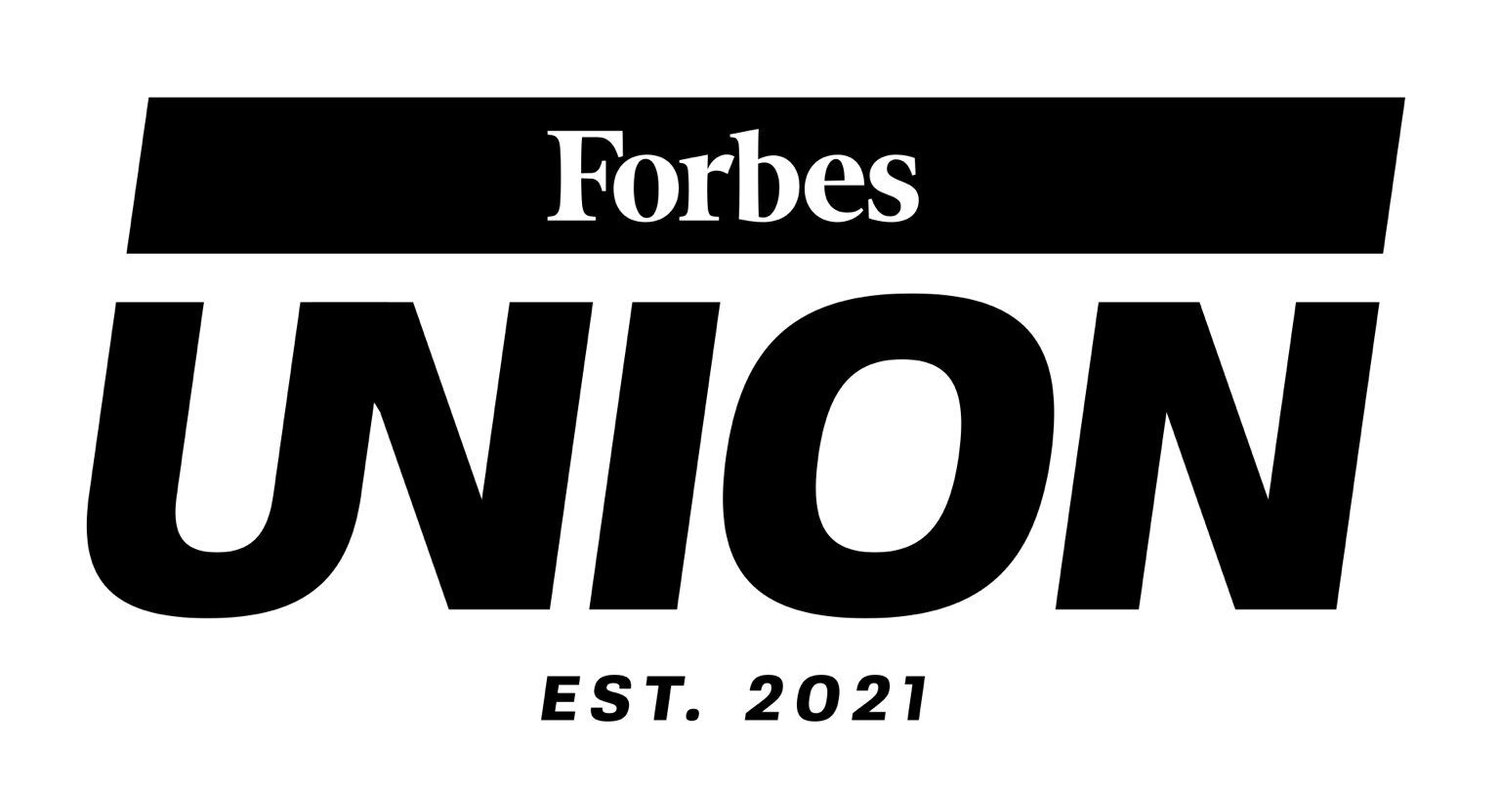Shop Paper #30: Unity + Tenacity = Progress
The 30th bargaining session took place at the NewsGuild of NY office on Aug. 29. Our union representatives displayed unwavering commitment, adaptability, and a united front as they addressed key issues affecting our members and their families
Remote Work: Clarity and Fairness
The union kicked off the session by presenting its counter on remote work, emphasizing the need for clear distinctions between fully remote, partially remote, and in-office roles–a section that Forbes had stricken. Our proposal specified a 120-day notice for changing an employee from remote to in-office (which Forbes had originally agreed to before it bargained regressively and proposed 90 days) and a 60-day notice for reducing remote working days. We had originally proposed 90 days here but came down in the spirit of negotiating.
We also discussed when unit members need to inform HR when they are working outside of their typical location, pointing out that it was impractical to require such notice whenever it happens.
Status: Forbes is reviewing.
Leaves of Absence: Collins Went Cringe
Emily Baker-White highlighted our revised proposal for leaves of absence, which includes 22 weeks of parental leave (down from 26), and the right for leaves to be taken at the member’s discretion (that is, not necessarily on consecutive days). This approach ensures that our members can fully utilize the leaves they are entitled to in a way what is best for their families. Patrick Collins, the lawyer whom Forbes is in its third year of paying and does not appear to have professional expertise in child-rearing, argued that the entire leave should be taken consecutively and in the baby’s first year because that’s the only time when – in his interpretation – bonding takes place.
We also made the case for a more a concrete bereavement policy. Right now, it can be generous, but it largely depends on what manager is involved. Collins argued for an antiquated and narrow definition of “loved one”, more in line with a traditional nuclear family conception. Forbes also thought 10 days was too much because – in the company’s mind – if union members are allowed to take 10 days, they will always max them out. Emily pointed out that members of our bargaining unit like our jobs. We could all be making more money and working fewer hours at other jobs. Yet we are here.
All bereavement days should be taken right after the death too, according to Forbes, as opposed to around a memorial service held at a later date. We know that mourning does not not have a definitive end time. But Collins was unable to grasp this very basic, human, fact, wondering why union members might need leave “after Grandma is dead and buried.”
Ali Intres, the head of HR at Forbes, was present when Collins made these allegations. She was silent.
We also proposed that when complications from a pregnancy arise, family medical leave and short-term disability should not run concurrently.
Forbes scoffed at our request for 100% unpaid leave for jury duty. Collins, again, an attorney, suggested that unit members could simply make themselves less amenable to serving. Emily raked him over the coals for that one. As before, the Forbes representatives remained silent.
Similarly, when discussing paid time off for voting in government elections, Collins suggested union members could vote early or by mail, rather than requiring time off to vote in-person on the final day of an election. The bargaining committee provided plenty of examples of when those options aren’t always the best ones.
Status: Forbes is reviewing.
Editorial Integrity: Protecting Our Journalistic Work
We engaged in robust discussions on editorial integrity to protect our work from undue modifications or retractions without proper notification. Despite the company's desire to exclude certain types of content from this protection, we held firm, advocating for the inclusion of all editorial work, from videos to social media posts. Overall though, Forbes provided us with a counter that we think we can work with, although we remain steadfast about the need for Forbes to better differentiate between content the newsroom puts out and advertising, marketing, advertorial, contributors, and whatever other brand extensions they’re pushing out there.
Forbes’ counter is a highly marked improvement of their last offer – clear proof that our three years of collective action is working.
Status: The union is reviewing.
Seniority and Reductions in Force: A Model for Fairness
The Company’s proposal on reductions in force attempted to downplay the role of seniority, offering a “consideration” model rather than a guarantee. Anthony Napoli underscored our stance that seniority should play a prominent role to prevent arbitrary layoffs that could circumvent Just Cause provisions.
First the first time, however, Forbes offered to guarantee severance in the event of a layoff at two weeks per year of service. They had previously rejected any guaranteed severance at all.
Again, this is direct evidence that our organizing and mobilizing on this front is effective. Let’s keep it up.
Artificial Intelligence: Shaping a Fair Future
The Company continues to resist pegging AI usage to robust, third-party standards. While they prefer internal guidelines, we remain adamant that clear, standardized policies are the best way to protect our members' work and ensure ethical use of AI in journalism.
Achievements and the Road Ahead
This session highlighted our unity, tenacity, and readiness to address complex issues with clarity and fairness. By insisting on transparent policies, fair leave practices, and inclusive definitions of family and loved ones, we are carving out a future where our members feel supported and valued.
